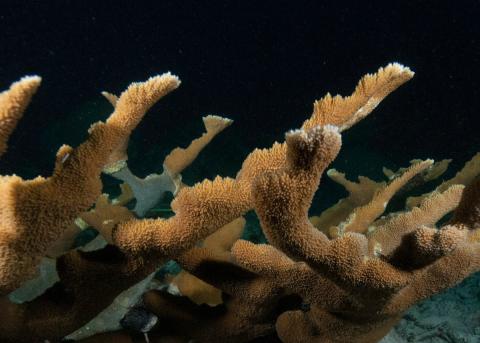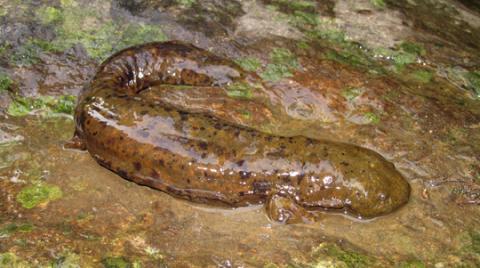News
Displaying 1926 - 1950 of 2348
November 15, 2012
Sumatran Tiger Update Nov 15, 2012 ›
November 13, 2012
A New Home for Clouded Leopards ›

November 01, 2012
Fertility Clinic For Corals ›
November 01, 2012
Elephant Diaries Nov 01, 2012 ›
November 01, 2012
Sumatran Tiger Update Nov 1, 2012 ›
October 28, 2012
White-tailed Deer in Eastern Forests ›

October 28, 2012
Hellbender Research on the Road and at the National Zoo ›
October 26, 2012
Female Dama Gazelle Born at the Smithsonian's National Zoo ›
October 26, 2012
Traffic Alert: Boo at the Zoo ›
October 24, 2012
ZooLights at the Smithsonian's National Zoo Begins Nov. 23 ›

October 18, 2012
San Joaquin Kit Fox ›
October 15, 2012
Lion Update Oct 15, 2012 ›
October 15, 2012
Sumatran Tiger Update Oct 15, 2012 ›
October 10, 2012
Press Conference: Cause of Panda Cub Death ›
October 09, 2012